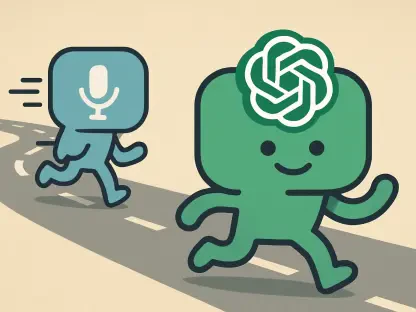In today’s fast-paced digital world, Gen Z appears to be setting new norms when it comes to managing the incessant stream of communication. A trend noted among the younger generation has them frequently flipping their phones to “Do Not Disturb” mode. The movement, backed by tweets and social media discourse, is not solely about peace and quiet. It’s an active stance against the underlying anxiety that comes with the constant barrage of calls—many of which are unsolicited or carry the weight of immediate response expectations.This shift to DND reflects a broader change in social etiquette. Where previous generations might have seen an unanswered call as a missed connection or opportunity, Gen Z perceives it as a reclaiming of their mental space. The phone’s siren call, once a tether to the outside world, now seems more like an unwanted distraction, and the generation raised on screens is among the first to openly demarcate their digital boundaries.
The Anxiety-Driven Preference for Text Over Calls
Studies have revealed an eye-opening statistic: up to 90% of Gen Z reports feeling anxious about phone calls. Brought up in an age where text and instant messaging were the norm, spoken conversations on the phone can feel awkward and unpredictable. The formality of phone etiquette—a common practice for older generations—feels alien to young people who have largely communicated through emojis, GIFs, and concise chats.This anxiety isn’t unfounded. Today’s phone landscape is also littered with spam calls and fraud attempts, leading to distrust and frustration with phone interactions. For some, activating DND is less about avoiding personal connections and more about filtering out the noise that comes with a ‘number-for-all’ society. By prioritizing messaging over calls, this generation has found a way to curate their communication, focusing on efficiency and comfort.
Bridging Generational Communication Gaps
While Gen Z might be the most vocal about the shift, their use of DND mode taps into a sentiment that spans beyond their demographic. Individuals across generations appreciate the reprieve from constant availability, recognizing that not every call demands instantaneous attention. The desire to compartmentalize communication—to separate the urgent from the irrelevant—is a shared one, hinting at an evolution in how society handles personal availability.Ironically, despite the anxiety digital connectivity can induce, it is also digital tools that offer relief. Do Not Disturb mode provides a respite, a simple yet effective solution to the paradox. As conversations about mental well-being and technological burnout continue to enter mainstream discourse, the pattern of DND use showcases a collective effort to reclaim time and silence. Whether for Gen Z or those preceding them, it’s become clear: there is universal value in imposing boundaries with technology to safeguard our peace.









